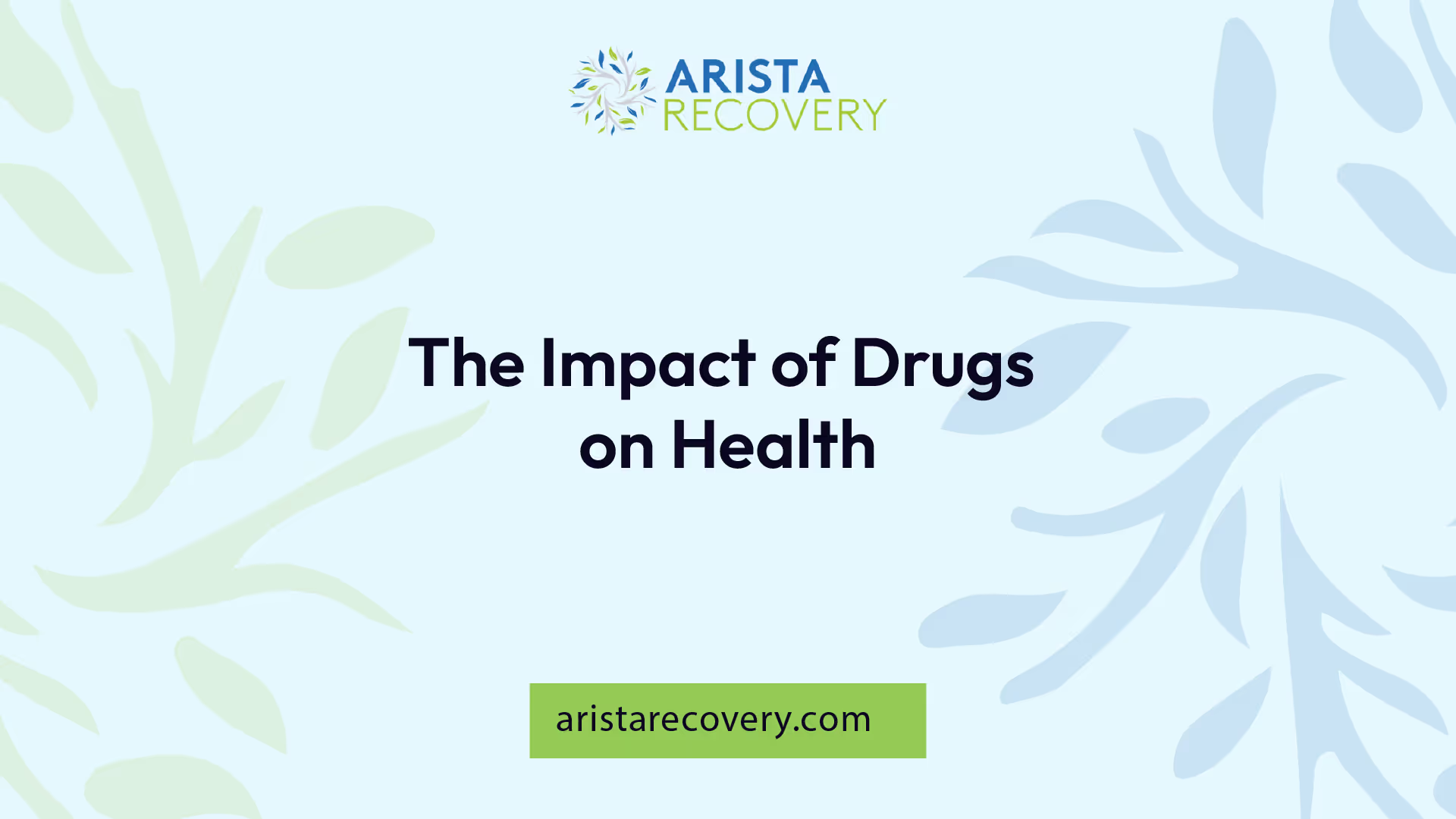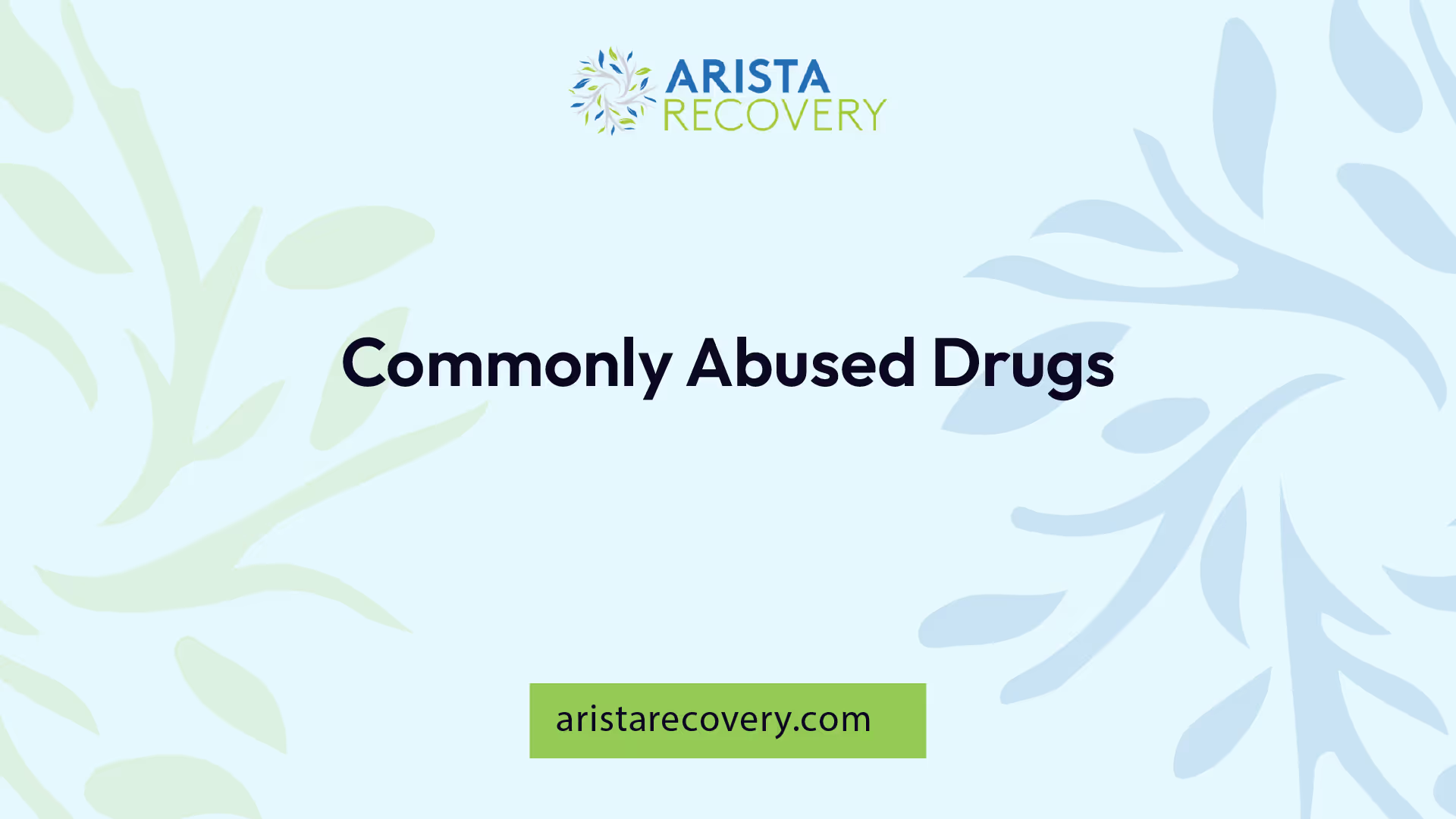The Deadliest Effects of Drugs

Understanding Drug Addiction
Understanding drug addiction is paramount for individuals seeking recovery. Addiction is a complex yet prevalent issue that impacts many lives, making it essential for individuals to grasp its definition and the various factors that contribute to its development.

Definition of Addiction
Addiction is defined as a chronic, relapsing disorder characterized by compulsive drug seeking and use despite negative consequences. It affects the brain's circuits responsible for reward, stress, and self-control. According to the National Institute on Drug Abuse, addiction is viewed as a brain disorder due to the functional changes it induces in these critical areas of the brain.
Factors Influencing Addiction
Multiple factors contribute to the risk of developing a drug addiction. The primary influences can be categorized into biological, environmental, and developmental factors.
Research has also highlighted genetic vulnerabilities linked to addiction. Specific genes, such as those associated with alcohol dependence and cannabinoid receptor activity, have been correlated with an increased risk of substance use disorders [2].
Recognizing these influences offers critical insight into the complexities of addiction and is essential for individuals on the path to recovery. For further understanding of the effects of drug use, including the deadliest effects of drugs, exploring the connections between addiction and health can be beneficial.

The Impact of Drugs on Health
Understanding the impact of drugs on health is essential for individuals seeking recovery from addiction. The effects can be classified into immediate effects and long-term consequences, each posing significant risks to overall health.
Immediate Effects of Drug Use
The immediate effects of drug use can vary widely depending on the substance. Generally, these effects may include altered mental state, impaired judgment, and physical health risks. For instance, drugs can cause changes in behavior that may lead to dangerous situations, such as drugged driving or engaging in risky activities.
According to the National Institute on Drug Abuse, drugs can alter a person's thinking and judgment, leading to health risks such as addiction and infectious diseases.
Long-Term Consequences of Drug Abuse
The long-term consequences of substance abuse can be severe and enduring. Chronic drug use can lead to addiction, which is characterized by compulsive drug-seeking behavior and difficulty in stopping, despite negative consequences. The following are significant long-term health impacts associated with substance abuse:
The use of stimulants, opioids, and other drugs can have particularly deadly effects on health, leading to conditions that may be persistent or even permanent. While some effects may improve with abstinence and medical intervention, the overall risks highlight the importance of seeking help for addiction. For further information on how drugs affect the brain, check out our article on how do drugs affect brain.
Understanding these immediate and long-term effects can empower individuals to make informed choices on their recovery journey, leading to healthier lives free from addiction.

Commonly Abused Drugs
Understanding commonly abused drugs is essential for recognizing their deadliest effects. These substances can cause severe health issues and complications for those struggling with addiction.
Heroin and its Effects
Heroin is an opioid drug made from morphine, derived from opium poppy plants. The use of heroin can lead to numerous detrimental effects on both physical and mental health. Regular use can result in severe consequences such as:
- Euphoria, followed by a crash
- Respiratory depression
- Increased risk of infectious diseases from needle sharing
- Potential overdose, which can lead to death
The escalation in heroin use has escalated significantly in recent years, contributing to the current opioid epidemic and drugs in America.
Inhalants and Health Risks
Inhalants, including solvents, aerosols, and gases found in common household products, pose serious health risks when abused. People often misuse these substances for their psychoactive effects.
Health implications of inhalant abuse may include:
- Damage to brain and organ functions
- Respiratory problems
- Sudden death from heart failure or asphyxiation
Due to their accessibility, inhalants are particularly dangerous for younger individuals, highlighting the need for awareness about the risks associated with their misuse [3].
Methamphetamine's Dangers
Methamphetamine is an extremely addictive stimulant drug that can have severe repercussions on individuals' health and well-being. The physical and mental effects include:
- Increased energy and alertness
- Risk of heart problems and strokes
- Severe dental problems often referred to as "meth mouth"
- Intense psychological cravings leading to destructive behaviors
The addiction potential of methamphetamine is high, and its effects can last for hours, making recovery challenging for individuals affected by this substance [3].
Prescription Drug Misuse
Misuse of prescription drugs, including medications that treat anxiety and sleep problems, is a significant concern. When these medications are improperly used, they can lead to:
- Addiction and dependency
- Severe withdrawal symptoms when not taken
- Adverse effects on mental health
Misuse often includes taking medications not prescribed to the individual, altering dosage amounts, or using these substances for a non-medical purpose. For more insights on specific substances, visit our section on most abused prescription drugs.
Understanding these commonly abused drugs and their effects is crucial for individuals seeking recovery and support in overcoming addiction. For further insights into addiction's impact on brain function, see our article on how do drugs affect brain.
Mental Health and Substance Abuse
Understanding the relationship between mental health and substance abuse is crucial for those seeking recovery. Many individuals who struggle with addiction also face mental health issues, leading to a complexity known as dual diagnosis.
Dual Diagnosis: Mental Illness and Addiction
Mental illness and substance abuse often go hand in hand. Conditions such as anxiety, depression, and post-traumatic stress disorder commonly co-occur with addiction. For those grappling with these challenges, seeking professional help from a licensed therapist or counselor can provide essential support. By addressing both the mental health issues and addiction simultaneously, individuals can learn effective coping skills that reduce their reliance on drugs or alcohol [4].
Here is a table illustrating common mental health disorders and their possible co-occurrence with addiction:
Coping Mechanisms for Co-Occurring Disorders
Developing healthy coping mechanisms is vital for those with co-occurring disorders. Effective strategies can help individuals manage their symptoms and reduce their dependence on substances. Here are some recommended coping methods:
- Therapy: Engaging in individual or group therapy can help individuals process their feelings and experiences in a supportive environment.
- Mindfulness and Meditation: Practicing mindfulness can improve mental clarity and reduce anxiety, providing individuals with tools to cope with stress without resorting to substances.
- Exercise: Regular physical activity can elevate mood and alleviate symptoms of depression and anxiety.
- Support Groups: Participating in support groups can provide a sense of community and shared experience, fostering healing.
- Healthy Lifestyle Choices: Eating a balanced diet, staying hydrated, and ensuring adequate sleep are crucial for maintaining mental well-being.
Substance use can lead to various central nervous system conditions, including cognitive disorders and persistent effects on mental health. By adopting effective coping mechanisms and addressing both mental health and addiction, individuals can journey toward recovery.
For more information on the effects of drugs on mental health, consider visiting our articles on the most abused prescription drugs and the opioid epidemic and drugs in America. Understanding how drugs affect the brain is also essential; you can learn more in our piece on how do drugs affect the brain. For insights into specific designer drugs, refer to our article on five dangerous designer drugs.
Effects of Substance Abuse on the Nervous System
Substance abuse can significantly affect the nervous system, leading to a variety of health issues that can be both immediate and long-lasting.
Headaches and Seizures
One of the common effects of substance abuse on the nervous system is the occurrence of headaches and seizures. Increased substance use can lead to neurological complications such as strokes, which are primarily ischemic, meaning they obstruct or reduce blood flow to the brain. Certain substances, including amphetamines, may even lead to hemorrhagic strokes, which are more dangerous as they involve bleeding in the brain [5].
Cognitive Disorders and Impairments
Long-term substance use can lead to cognitive impairments affecting behavior, memory, and decision-making. Immediate effects of drugs can cause altered consciousness, disinhibition, and impaired memory. Over time, chronic use can lead to more severe cognitive deficits, impacting attention, memory, and executive function.
The effects on the nervous system can vary widely among individuals, influenced by the type of substance used, duration of use, and other personal factors. Engaging in recovery programs and seeking medical help can significantly improve these cognitive functions [6]. Understanding these effects is crucial for individuals seeking recovery from addiction. For those interested in the broader implications of drug use, resources on the most abused prescription drugs and five dangerous designer drugs may provide valuable insights.
Risks and Consequences of Substance Abuse
Understanding the risks associated with substance abuse is crucial for anyone seeking recovery. The implications of drug use extend beyond the individual, affecting families and communities. This section explores the dangers of drugged driving, traumatic brain injuries from substance use, and provides statistics related to substance-related fatalities.
Drugged Driving Dangers
Driving under the influence of drugs poses a serious threat to public safety. According to the National Institute on Drug Abuse, even occasional misuse of drugs, such as opioids, can impair driving abilities, leading to dangerous situations on the road [1]. The impairment caused by drugs can affect reaction times, decision-making, and overall motor skills.
In a recent study, it was found that drugged driving incidents have been rising, contributing to a significant percentage of road traffic accidents.
Traumatic Brain Injuries from Substance Use
Substance use significantly increases the likelihood of traumatic brain injuries (TBIs). Drugs and alcohol can cause impulsive behavior, leading to dangerous situations such as falls, violent incidents, or automobile crashes. According to American Addiction Centers, alcohol was implicated in up to 75% of TBI cases [5]. The link between substance use and TBIs underscores the physical risks that accompany addiction.
Statistics on Substance-Related Fatalities
The consequences of substance abuse often culminate in fatal outcomes. The National Institute on Drug Abuse reports that overdose deaths remain a significant issue in the United States. Opioid misuse is particularly alarming, contributing to a large share of overdose fatalities.
These statistics highlight the urgent need for awareness and effective intervention strategies. Understanding these deadliest effects of drugs can help to inform individuals and communities about the risks associated with substance abuse, emphasizing the importance of seeking recovery and support. For those interested in learning more about the impact of substances on the brain, additional information can be found on how drugs affect the brain.
References
[1]: https://nida.nih.gov/publications/drugs-brains-behavior-science-addiction/drug-misuse-addiction
[2]: https://www.ncbi.nlm.nih.gov/pmc/articles/PMC10343642/
[3]: https://nida.nih.gov/research-topics/commonly-used-drugs-charts
[4]: https://www.pvamu.edu/sa/drug-and-alcohol-abuse-prevention-program-daapp/tips-for-preventing-substance-abuse/
[5]: https://americanaddictioncenters.org/health-complications-addiction/central-nervous-system
You’re not alone in this.
When mental health challenges and addiction intersect, it can feel isolating. At Arista, we offer compassionate, evidence-based, and trauma-informed care to help you heal, grow, and move forward.
You’re not alone in this.
When mental health challenges and addiction intersect, it can feel isolating. At Arista, we offer compassionate, evidence-based, and trauma-informed care to help you heal, grow, and move forward.
Support that moves with you.
You’ve taken a brave first step. At Arista Recovery, we’re here to help you continue with best-in-class care designed for long-term healing and support.
.webp)






